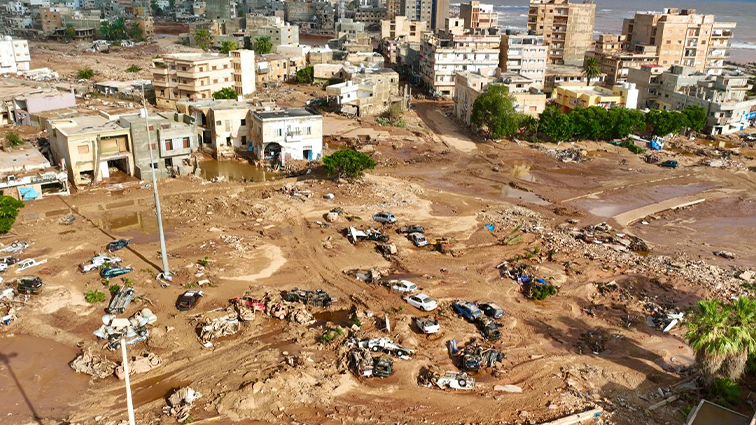The International Organization for Migration (IOM) has published a report revealing its vision and strategic plan to deal with the ongoing crisis in Libya during the current year 2024.
The organization’s strategic vision is to work to ensure that irregular migrants, internally displaced persons, and other mobile populations, including those affected by conflict and disasters associated with natural hazards, coexist peacefully with local communities, in an environment that respects human rights, dignity and well-being.
The plan also focuses on improving the resilience of irregular migrants and communities, through life-saving assistance and promoting the sustainable management of irregular migration.
The report stressed the importance of participating in targeted interventions to support displaced people in Libya to reach durable solutions, noting that the weak rule of law and the lack of good governance of illegal migration have made foreigners vulnerable to challenges and concerns related to their protection.
The report pointed to the negative effects of climate change on Libya, where the country ranked 40th globally as the most affected country by disasters and climate change, especially droughts, lack of rainfall, floods, sand, and dust storms.
The conflict has left Libya highly vulnerable to climate variability, affecting agricultural production, livelihoods, food, and economic security for a large proportion of the population and vulnerable groups such as illegal migrants.
The report concluded by emphasizing the importance of taking urgent action to address climate challenges and ensure the stability of the electrical grid, with a focus on sustainable water resources management and sanitation treatment, as well as promoting investment in public infrastructure.
Increasing numbers of displaced people from Sudan put pressure on the Libyan municipality of Kufra
